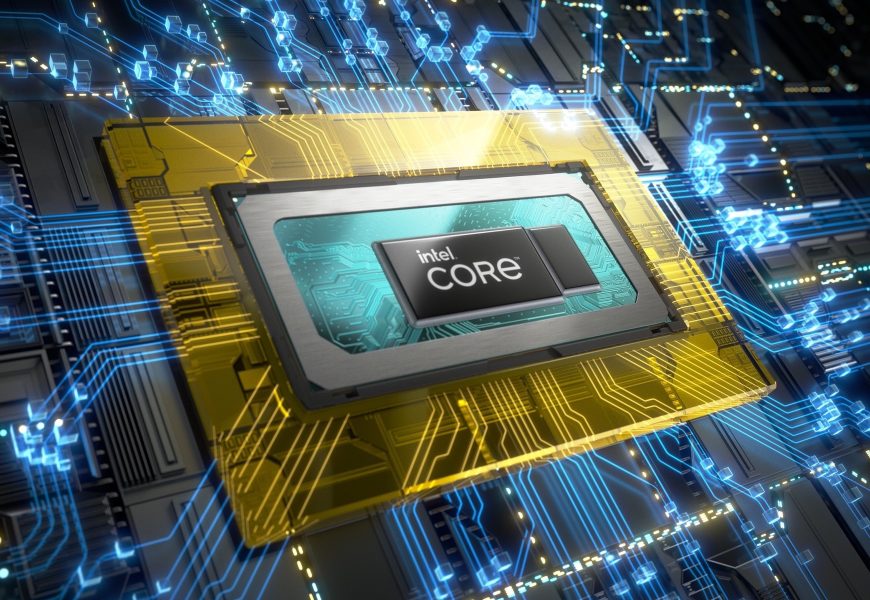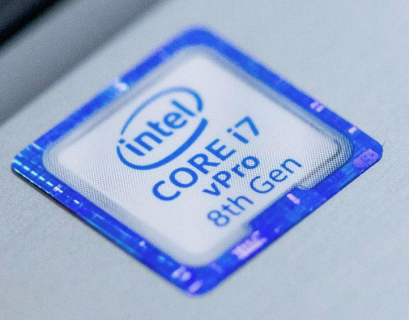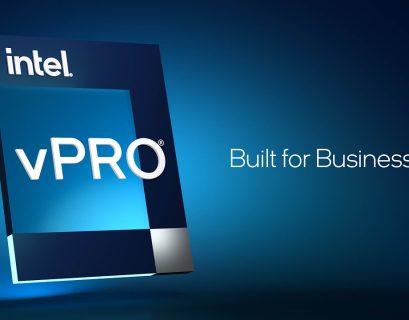When you think about telemedicine, what comes to mind first?
For most, it’s the convenience of connecting doctors and patients remotely. It’s the ability to bridge physical distances, ensuring timely medical advice no matter where you are.
But behind the scenes, a lot of technology is working hard to make this happen. The processor is a vital component at the center of it all.
This brings us to the big question—should you opt for an Intel i5 or Intel i7 processor for your telemedicine platform? Hold on because we’re about to look into this debate and make it easy for you to decide.
Let’s dig in!
The Role of a Processor in Telemedicine
Before we jump into the comparison, let’s first understand what a processor does. Think of the processor as the brain of your computer. It manages and executes instructions from the software you run. In simple terms, it’s responsible for making sure everything works as it should.
In telemedicine, speed and reliability are everything. Choosing the right processor, such as an i7 processor vs i5, can make a significant difference. The i7 processor is faster and has more cores, which means it can handle tasks like video calls, loading patient records, and processing data quickly without any delays.
The Economic Times says that the i5 laptop features a refresh rate of 120Hz display that ensures fluid motion and high-end graphics.
While the i5 processor is good, the i7 is better for more demanding tasks in telemedicine. It’s especially important when quick decisions need to be made, helping doctors provide smooth and efficient care without interruptions.
Why Intel i5 is a Great Choice for Telemedicine
The Intel i5 processor is like a dependable workhorse. It’s affordable, efficient, and handles most day-to-day tasks with ease. Here’s why it might be the right choice for your telemedicine platform:
Handles Basic Tasks Well
If your platform focuses on simple video consultations, managing emails, and accessing patient records, the i5 performs like a champ. It can handle these tasks smoothly without unnecessary complexity.
Energy-Efficient Design
Running telemedicine services often involves long hours of operation. The Intel i5 uses less power, meaning it’s easier on your electricity bill and reduces the need for constant charging or cooling.
Budget-Friendly Option
Believe it or not, you don’t always need the most expensive processor for good telemedicine. The Intel i5 is a great middle ground, offering good performance without being too expensive. It’s perfect for telemedicine platforms that don’t require super-high power but still need reliable and smooth performance.
The Power of Intel i7 for Advanced Telemedicine
Now, let’s talk about the Intel i7. If the i5 is dependable, the i7 is like a high-performing athlete. It’s built for speed, multitasking, and handling complex tasks effortlessly. Here’s why the i7 might be worth it for your platform:
Handles Heavy Workloads with Ease
Telemedicine platforms that rely on advanced software, such as AI-driven diagnostic tools or real-time data analysis, need more processing power. The Intel i7 is designed to handle these workloads without breaking a sweat.
Delivers Smooth Video Quality
Imagine running high-definition video consultations with multiple participants. The i7 ensures there’s no glitching, freezing, or delay, making every interaction feel professional and seamless.
Excels at Multitasking
Doctors and healthcare providers often use multiple applications at once—video calls, electronic health records, and diagnostic tools, to name a few. The i7 allows these apps to run side by side without any slowdown.
Intel i5 vs. i7: Breaking It Down
Are you having trouble deciding between an i7 processor vs. an i5? Let’s compare them in simple terms:
- Speed: The i7 is faster and better suited for demanding tasks, while the i5 is adequate for simpler workloads.
- Cost: The i5 is more affordable, making it a great choice for budget-conscious setups. The i7, on the other hand, is a bit more expensive but delivers top-tier performance.
- Use Case: For basic telemedicine, the i5 is a solid option. But for platforms that handle complex tasks and large volumes of data, the Intel i7 Pro is worth considering to ensure seamless and reliable performance.
How to Choose the Right Processor
So, how do you decide which one is right for you? Hold on, because here’s the trick: think about what your telemedicine platform needs.
- Choose Intel i5 If:
Your platform focuses on simple consultations, lightweight apps, and basic data management. It’s also the better choice if you’re working with a tight budget but still want reliable performance. - Choose Intel i7 If:
Your platform requires advanced tools, heavy multitasking, or flawless video streaming. If speed and power are your top priorities, the i7 will give you peace of mind.
Why the Right Choice Matters
Telemedicine is all about providing timely and efficient care, where every second can make a difference. A reliable processor ensures that your platform delivers a seamless experience for both patients and healthcare providers. Here’s why making the right choice matters:
- Reduces System Delays: A slow system can cause video calls to lag or freeze, creating unnecessary frustration during critical consultations.
- Speeds Up Data Access: Doctors need quick access to patient records, test results, and diagnostic tools. A good processor ensures this information is available instantly.
- Supports Multitasking: Healthcare providers often juggle multiple applications simultaneously, such as video calls, medical databases, and diagnostic tools. The right processor keeps everything running smoothly.
- Enhance Patient Trust: Reliable and error-free service inspires patients to trust your telemedicine platform with their medical needs.
- Boosts Doctor Efficiency: Doctors can concentrate on providing care when they have dependable technology, free from the worry that technical difficulties will interrupt their consultation.
- Ensures High-Quality Video Calls: Clear, uninterrupted video communication is essential for professional and effective consultations, which a good processor makes possible.
Choosing a processor that fits your platform’s needs ensures reliability, efficiency, and a seamless user experience. This isn’t just about speed—it’s about creating a system that empowers healthcare professionals and patients alike.
Final Thoughts
Choosing between Intel i5, i7, and Intel vPro doesn’t have to be complicated. Just think about what your platform needs. The i5 offers excellent value for basic tasks, while the i7 provides extra power for advanced features.
Intel vPro technology can also be a great option if you need extra security and manageability. It gives you remote management and enhanced protection, making it ideal for professionals who prioritise security. Check it out and make your decision based on your platform’s requirements.












